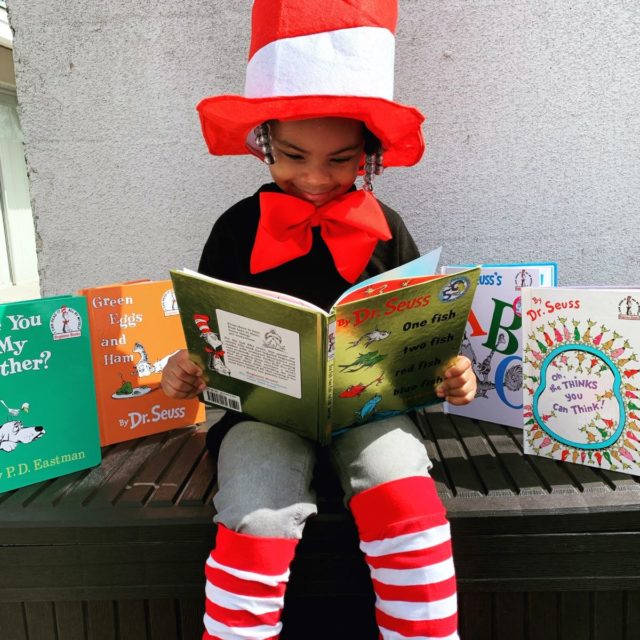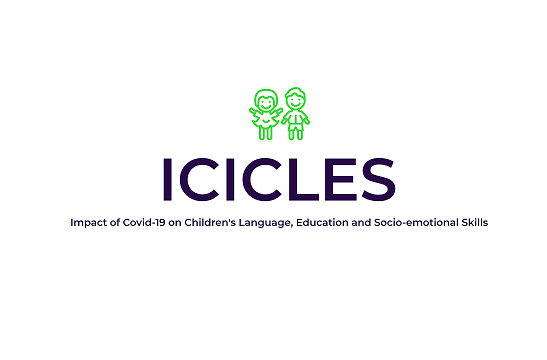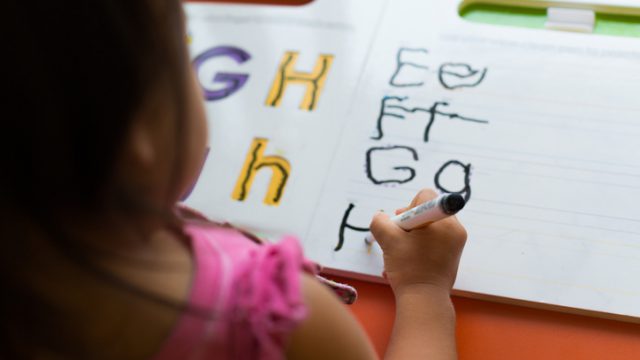ABRA: Online Reading Support Evaluation report and executive summary
 Pub. Date
Pub. Date
 Pub. Type
Pub. Type
Abracadabra (ABRA) is a 20-week online literacy programme composed of phonic fluency and comprehension activities based around a series of age-appropriate texts. Four 15-minute sessions per week are delivered by a teaching assistant (TA) to groups of three to five pupils. This report summarises the findings of a randomised controlled trial assessing the impact of ABRA on literacy outcomes for Year 1 pupils. The trial also assesses the impact of an offline, paper and pencil version of the same intervention (referred to here at ‘the non-ICT intervention’). There were 51 participating schools and 2,241 pupils at randomisation, and a total of 48 schools and 1,884 pupils were included in the final analysis (84% of the initial pupils at randomisation).
The trial took place between October 2014 and May 2015. Fifty-one schools were randomly assigned to either receive some version of the intervention or to act as a ‘control’ school delivering business as usual. In the schools receiving the intervention, pupils were randomised to receive one of the following options: (1) ABRA, (2) the non-ICT intervention, and (3) standard literacy provision. The process evaluation involved observing sessions to understand a variety of factors in the intervention. These included an evaluation of which elements contributed to successful implementation, the perceptions and experiences of TAs and project leads, levels of pupil engagement, and the mechanisms behind the estimated impacts. This was an efficacy study, due to the involvement of the developer in the delivery of the programme. The study was funded by the Education Endowment Foundation and Nominet Trust as part of a funding round focusing on the use of digital technology to improve outcomes for disadvantaged children.















